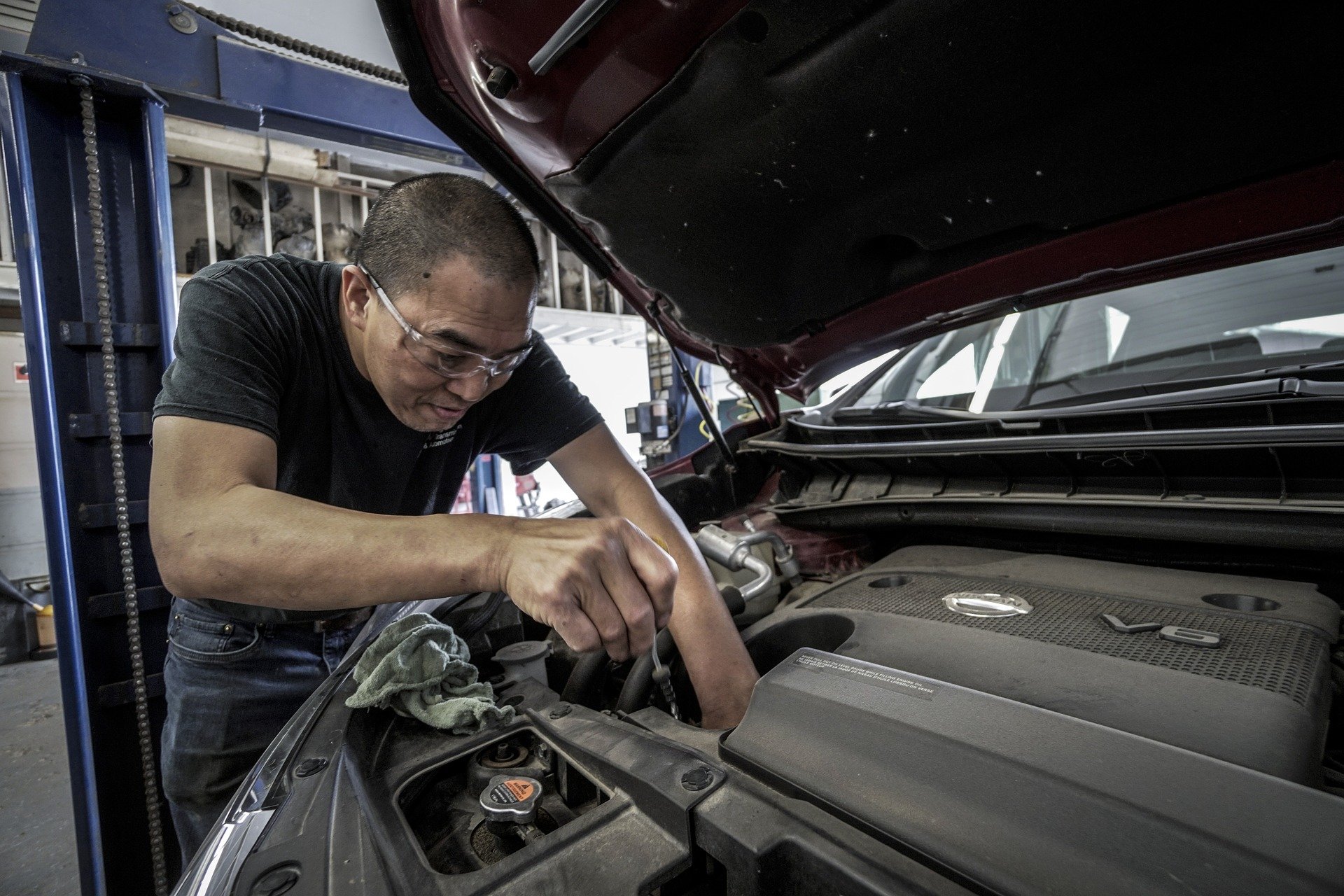
Car ownership usually seems like a new milestone to celebrate. You have the credit to get a vehicle on your own, you found the one that’s perfect for you and filled out all of the paperwork. The vehicle seemed to be in great shape, but then you get it home, maybe drive it for a week or two, and suddenly there is a sound you haven’t heard before, or an issue with the way the vehicle handles when you are on the road.
The first reaction to this is disappointment, possibly despair. However, the issue can be resolved in a timely manner and without putting the driver or any passengers in danger. The key is to know how to proceed when dealing with a vehicle that has mechanical issues. Proper preparation is key, and knowing the laws related to vehicle issues – and various intricacies of those laws – can make things progress in a more organized and owner-friendly time frame.
Whenever a recently purchased vehicle begins to show mechanical issues, it is good to look to your warranty. If the vehicle, even a used vehicle, is covered under the original warranty from the dealership, and the defect becomes a repeat occurrence that can’t be fixed, the vehicle may be covered under the Texas Lemon Law.
Be aware that a vehicle purchased “as is” is not covered under warranty. If the vehicle is already in your possession, this may not be helpful, but it is advisable to avoid purchasing a vehicle as is whenever possible. Any warranty will be helpful if the vehicle has an issue. No warranty means you are, without a doubt, on your own for any repair costs.
It is important to note here that Texas law does not provide three days to cancel the vehicle purchase, as may be possible with other products that have been recently purchased. There is a 30-day window for the dealer to register and title the vehicle in the auto owner’s name.
Meanwhile, the original title will go to the financier if money is owed on the vehicle.
It is important to keep all records of vehicle purchase, including payment receipts, in a safe place. It is smart not to consider the glove compartment of the vehicle as the safe place to store these documents. Also, it is important to understand that, if payments are missed, the vehicle can be repossessed at any time of day or night by the Texas dealership that sold you the vehicle. No prior notice is requested. Therefore, foregoing payments on the vehicle may not be the smart way to go in a situation where the vehicle is not operating as expected. A repossession will reflect negatively on the auto buyer.

Texas Lemon Law was enacted to be a quick alternative to spending time in court fighting the dealer and/or manufacturer when the vehicle you purchased is not operating safely and reliably.
The Texas Lemon Law covers new vehicles purchased from a dealer or a used vehicle that is covered by an original warranty. With this coverage, the vehicle has to meet certain criteria and pass certain tests in order to have the Texas Transportation Board step in and deem whether the manufacturer needs to replace, repurchase or repair the vehicle in question. Meanwhile, this is good news. It means you are not solely responsible for the cost of repairing the vehicle when it has significant issues that are impeding your ability to travel to and from work.
The vehicle must be showing a significant defect that impacts the vehicle’s value and makes it difficult or impossible to drive reliably and safely. This does not include any issues with cosmetic details or the radio or other accessories that make the vehicle more fun to drive. It also does not include issues with the interior of the vehicle where the driver and passengers travel. Rather, it relates to the issues with anything involved in the mechanics of the vehicle while operating.
The vehicle must have been out of commission for 30 days within the first 24 months or 24,000 miles (these do not have to be consecutive days. They just have to be days that the vehicle cannot be driven and no loaner vehicle has been supplied to the owner). The vehicle must have been taken to a mechanic or the dealership for repair four times, with no success. Also, the manufacturer or dealer must be notified (the best way to do this is in writing via certified mail) that the problem is occurring and must be given a number of reasonable attempts to help resolve the mechanical defect.
A Lemon Law complaint must be filed within six months of the expiration of the warranty term or within six months of the 24 months since purchase or the first 24,000 miles of operation. If this is done, then it makes it easier for the board to determine the vehicle is a lemon and that the dealer is responsible for one of the three options to deal with said defective vehicle.
If a vehicle is covered under the Lemon Law, then replacement, repair or repurchase. These take into account any money spent to repair the vehicle already and the number of miles put on the vehicle since it was purchased when considering the value of the vehicle to replace or repurchase.
If the vehicle is not covered under an original warranty (typically first 24 months or 24,000 miles in Texas), then it becomes a question of whether the issue has led to a recall on the specific model of the vehicle.
In the case that neither of the above is true, it is worthwhile to have a conversation with the dealer who sold you the vehicle. There may be something they can do to help you get the vehicle fixed without footing the entire expense.
Online research of the vehicle make and model, any consumers who are voicing complaints related to the vehicle’s operation or other details, are worth looking into. There are ways to find the record for the specific vehicle if the VIN is available. This way, you can gain a better understanding of the vehicle model in general, as well as any previous accidents for the specific model you are considering as a purchase.
Vehicle ownership can be a great responsibility, but if proper time and effort is put into the research the purchase can be a worthwhile investment. Keeping the people who regularly travel in the vehicle safe is paramount to the success of the vehicle in terms of purpose. Therefore, it is wise to know what to expect and be able to spot an issue as quickly as possible when manipulating a new vehicle on a well-traveled roadway with other drivers.
Today’s legal system can be a help when it comes to understanding and moving forward from the purchase of a defective vehicle. It simply takes the know-how and the proper procedures to resolve the issue at hand.
